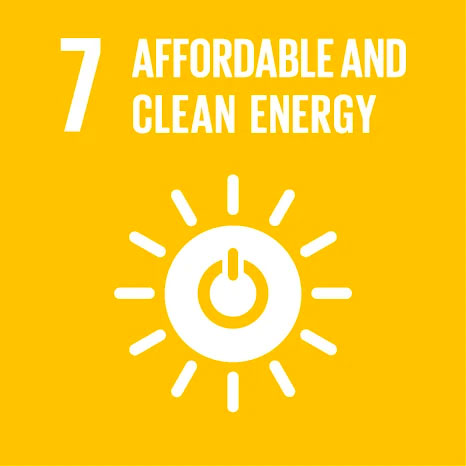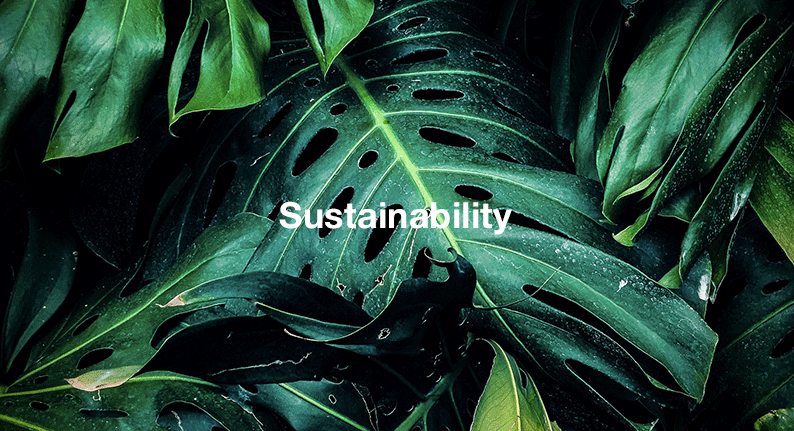Sustainable Development Goals 7: Affordable & Clean Energy
25 Apr, 2020 1:39 AM / by Quek Leng Chuang

How We Relate to Sustainable Development Goals 7: Affordable and Clean Energy
7.00 a.m. Your alarm rings when you wake up in the morning. You get up, brush your teeth and shower. Your new coffee machine prepares a strong espresso at the click of a button. After drinking, you take the MRT to your office…this normal morning would not be possible without electrical energy.
In the past years, more and more people around the world got access to electricity. This supports their development, but it is not always sustainable in a holistic sense. In fact, the demand for energy is growing around the world due to population growth and due to an increasing level of development in poorer countries. Therefore, the UN added SDG 7 “Affordable and Clean Energy” to their list of SDGs. This SDG is closely related to SDG 13 “Climate Action”, as energy produces around 60% of greenhouse gases.
- SDG 7 – targets
As a first subtarget, universal, reliable and modern energy must be accessible for everyone. This goal is mainly directed at social development, but does not specify the type of energy that we should provide for the growing amount of people having access to it.
The second goal then asks for a “substantial” increase of renewable energies in the global energy mix, does not mention a specific number however. So far, the share of renewable energy ranges around 26% (2018) and has been growing in percentage during the last years. In order to cope with the ever-increasing need for electricity however, we need to grow it further during the next decades so it can meet a greater share of our needs. What’s more, efficient use supports to lower the total amount of energy used and thus contributes to an increase in the share of renewable energies.
This is also related to goal 7.3, asking to double the rate of improvement in energy efficiency. However, there is no target actually talking about reduction of energy use. Still, in our opinion energy reduction policies are important as well not only for developed countries but for the whole world. Currently developing countries shall not follow the path of industrialising countries in Europe and North America – the impacts on the environment would be hazardous regarding the current environmental situation and the number of people living in developing countries. Development cooperation, knowledge & technology transfer and a sound transition into an age of renewable energies, skipping the comparably “dirty” industrialisation phase of European countries is essential for substantial development of poorer countries.
- How does our work relate to SDG 7
As Singapore’s energy mix largely consists of non-renewable energies like gas and fossil fuels, which was not sustainable enough for us, Environmental Solutions (Asia) decided to source its own electric energy. Both our facilities in Tuas are covered by photovoltaic panels. Moreover, we collect urban wood waste and gasify it. This does not only contribute to our energy needs but also diverts waste away from Singapore’s only remaining landfill Pulau Semakau.
For a certain time, we also sold our surplus energy to the Singaporean grid and launched our own label for sustainably sourced electricity, ES Power. Sustainable electricity purchase is a strong trend in European countries, however we found out that the Singaporean market was not ready for it yet. Therefore, we decided to use our renewable electricity for ramping up our base and precious recycling operations instead. Our surplus electricity also enables us to ramp up our metal recycling capacities and to start new projects such as plastic packaging waste to NewOil.

Do you want to support our renewable energy creation? Supply us with your urban wood waste so we can have a positive impact together! Get in touch with us today.
Topics: Carbon Neutrality, Carbon Offset, Corporate Social Responsbility, Environmental Offset, Reimagining Sustainability, Sustainability in Singapore
Written by Quek Leng Chuang
LengChuang is a chemical engineer and an expert in carbonomics. He is the founder and owner of Environmental Solutions (Asia) Pte Ltd.
